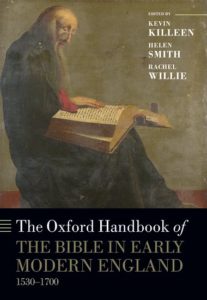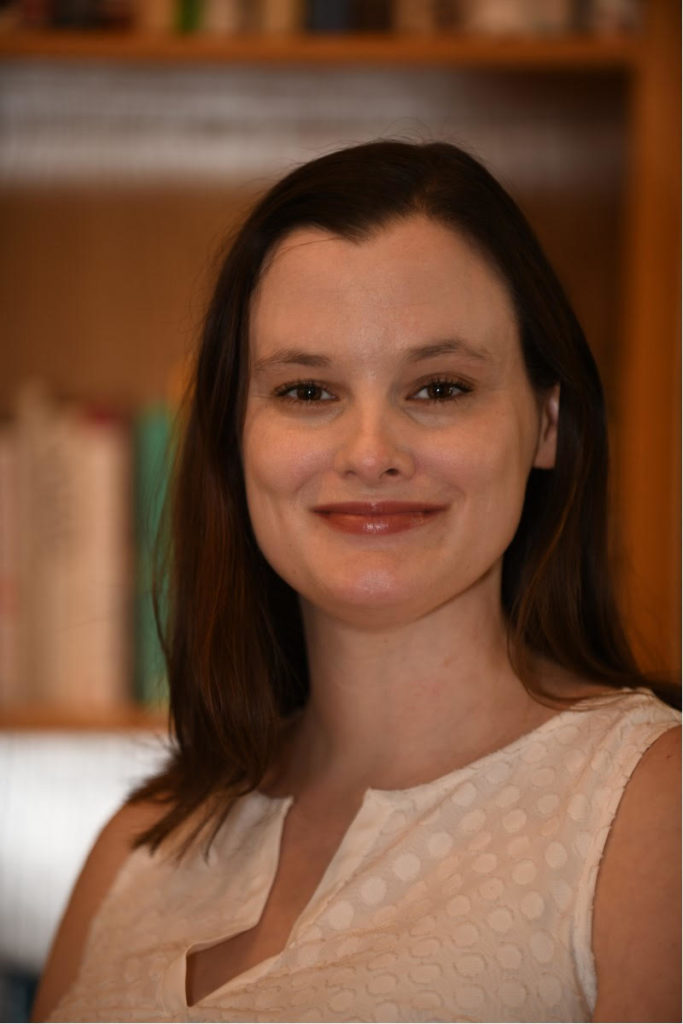 The History Department congratulates faculty member Susan Wabuda, who contributed the opening essay to a volume awarded the Roland H. Bainton Prize (Reference Category) by the Sixteenth Century Society. The book, The Oxford Handbook of the Bible in Early Modern England, c. 1530-1700 (Oxford University Press, 2015) was edited by Kevin Killeen, Helen Smith, and Rachel Willie, and resulted from an international conference held at the University of York (UK) in 2011.
The History Department congratulates faculty member Susan Wabuda, who contributed the opening essay to a volume awarded the Roland H. Bainton Prize (Reference Category) by the Sixteenth Century Society. The book, The Oxford Handbook of the Bible in Early Modern England, c. 1530-1700 (Oxford University Press, 2015) was edited by Kevin Killeen, Helen Smith, and Rachel Willie, and resulted from an international conference held at the University of York (UK) in 2011.
The 2o11 conference was held to mark the 500th anniversary of the famous King James Bible (first published in 1611), but Wabuda’s essay entitled “‘A Day after Doomsday’: Cranmer and the Bible Translations of 1530s” discussed earlier trends in Bible translation in England. The King James version relied upon these earlier translations, especially because of the work of the great translator William Tyndale (d. 1536). Wabuda reports that one goal of the essay was to understand the problems of making a good Bible translation in English, but she also hopes that it helps to illuminate another issue: that the Bible was originally intended as a teaching tool. Although modern readers might think of a a Bible rendered into English as an opportunity for personal reading and study, this was not the intention of the translators. In fact, King Henry VIII and archbishop of Canterbury Thomas Cranmer both believed in withholding the Bible from the people if they would not behave: “Scripture was one of the great treasures of the church, but because it was so sacred (like the sacrament of the altar) it would be withheld from people depending on the circumstances.”
The Roland H. Bainton prize is given in memory of the great Reformation historian who taught at Yale University. Susan Wabuda laments never having met Bainton, who she identifies as one of the first scholars to seriously explore the role of women in the Reformation.
Congratulations once more to Dr. Wabuda and the team behind this great volume!




